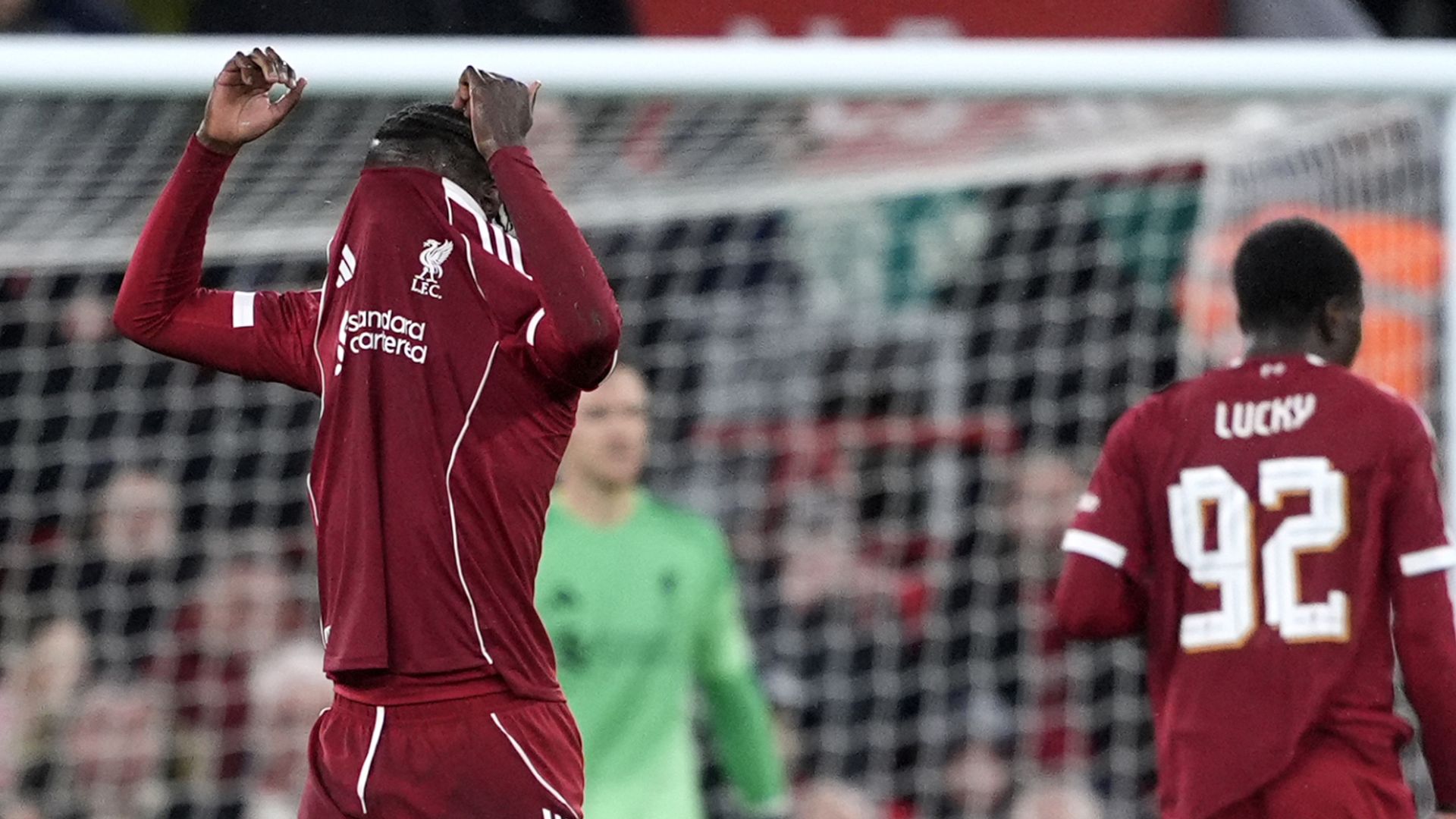Wane’s Decision to Drop Welsby Sparks Outrage: A Heartfelt Betrayal in the Ashes Battle for England’s Soul
In a move that has sent shockwaves through the rugby league community, England head coach Shaun Wane has made the controversial decision to drop full-back Jack Welsby ahead of the must-win second Ashes Test against Australia. Wane’s justification, stating that it is a “gut feeling” and that he “feels in his heart” this is the right call, has ignited fierce debate among fans, analysts, and former players alike. The decision raises questions not only about Wane’s judgment but also about the broader implications for the England team and its aspirations in the Ashes series.
Welsby, who has been a standout performer for England, particularly in recent international fixtures, is seen by many as a crucial asset in the team’s quest for victory. His ability to read the game, coupled with his attacking prowess, has made him a fan favorite and a key player in England’s lineup. Dropping such a talent, especially in a high-stakes match against a formidable opponent like Australia, is a gamble that could have far-reaching consequences.
The Ashes series, steeped in history and rivalry, is not just about rugby; it embodies national pride and identity. The stakes are incredibly high, and decisions made by coaches can be scrutinized through the lens of national sentiment. Wane’s choice to omit Welsby can be viewed as a betrayal by some, akin to political leaders making unpopular decisions that alienate their base. The emotional weight of such a decision cannot be understated, as it resonates with fans who see their heroes as symbols of hope and resilience.
Critics of Wane’s decision argue that it undermines team cohesion and morale. Welsby’s presence on the field is not just about his individual skills; it is also about the synergy he creates with his teammates. The psychological impact of dropping a player of Welsby’s caliber can ripple through the squad, leading to uncertainty and diminished confidence. In high-pressure situations, such as the Ashes, the mental state of players is as crucial as their physical abilities.
Furthermore, this decision raises questions about Wane’s leadership style and decision-making process. Coaches often face the dilemma of balancing intuition with statistical analysis and player performance metrics. Wane’s reliance on a “gut feeling” may be seen as a risky approach in a sport where data-driven decisions are becoming increasingly prevalent. This reliance on instinct over empirical evidence could alienate supporters who expect a more analytical approach to team selection.
The fallout from this decision is likely to extend beyond the immediate match. If England fails to secure a victory in the second Ashes Test, Wane may face intense scrutiny and calls for accountability. The media will undoubtedly dissect his choices, and former players and pundits will weigh in with their opinions, further polarizing the fan base. The narrative surrounding Wane’s leadership will be shaped by the outcome of this match, and the consequences could be significant for his future as head coach.
In the broader context of rugby league, Wane’s decision reflects a recurring theme in sports: the tension between tradition and innovation. Rugby league has a rich history, and decisions that deviate from established norms can provoke strong reactions. Welsby represents a new generation of players who embody the evolution of the game, and his exclusion may be seen as a rejection of progress in favor of a more conservative approach.
As the Ashes series unfolds, the implications of Wane’s decision will be closely monitored. Fans will be eager to see how the team responds without Welsby, and whether Wane’s gamble pays off or backfires spectacularly. The narrative of this series is not just about the matches played on the field; it is also about the stories that emerge from the decisions made off it. The tension between loyalty to players and the pursuit of victory is a delicate balance that coaches must navigate, and Wane’s choice has undoubtedly added a layer of complexity to an already charged atmosphere.
In the world of sports, moments like these can define careers and shape legacies. Wane’s decision to drop Welsby may be viewed as a pivotal moment in his tenure as head coach, one that could either solidify his reputation as a bold leader or lead to his downfall. As the second Ashes Test approaches, all eyes will be on the England team, and the ramifications of this controversial decision will be felt long after the final whistle blows.




